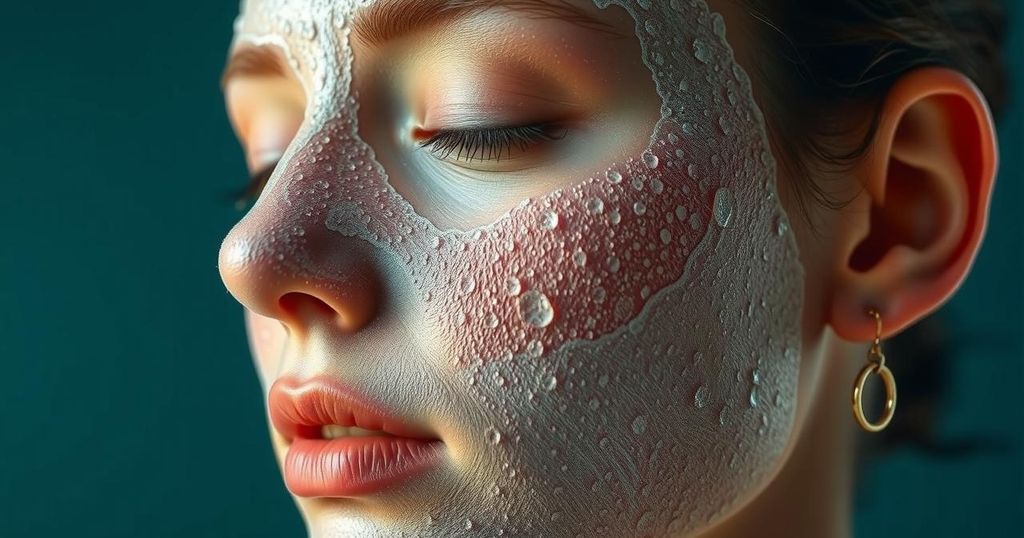Weather
ADA, AFRICA, AMWAY, ASIA, CLINICAL TRIALS, ENVIRONMENTAL SCIENCE AND ENGINEERING DEPARTMENT OF THE INDIAN INSTITUTE OF TECHNOLOGY BOMBAY, IIT, INDIA, IUF – LEIBNIZ RESEARCH INSTITUTE FOR ENVIRONMENTAL MEDICINE, LEIBNIZ RESEARCH INSTITUTE FOR ENVIRONMENTAL MEDICINE, MEDICINE, MICHIGAN, MUMBAI, NIGERIA, RAIN, RESEARCH, SCIENCE, SUSTAINABILITY
Marcus Chen
0 Comments
Impact of Climate Change on Skin Aging: Key Findings from Recent Research
A recent study by IUF in Düsseldorf reveals that climate change, specifically increased heat and humidity, significantly contributes to skin aging. An investigation of 1,510 Indian women demonstrated a correlation between the heat index and indicators like pigmentation and wrinkles, highlighting the skin’s vulnerability amid global warming. This represents a crucial step in understanding the interplay between environmental factors and skin health.
The interplay between climate change and skin health remains largely uncharted territory. A recent epidemiological study conducted by scientists at the IUF – Leibniz Research Institute for Environmental Medicine in Düsseldorf, in collaboration with the Indian Institute of Technology Bombay (IIT), aimed to shed light on this interaction. Published in the journal Dermatitis, the study examines how temperature and humidity, reflected in the heat index, contribute to the aging of human skin. India, with its varied climate and elevated temperatures, provided an ideal setting for this research.
The study involved assessing skin aging indicators, specifically pigmentation spots and wrinkles, in 1,510 women across three Indian cities using a scoring system known as SCINEXA. Alongside this, data on ambient temperature, humidity, ultraviolet radiation, and air pollution were meticulously gathered over the preceding five years. Employing a statistical method known as ordinal multivariate logistic regression, the researchers established a significant relationship between the heat index and skin aging signs, independent of factors such as age, UV exposure, smoking, and pollution levels. Results revealed that increased heat index correlated with higher pigmentation on the forehead and more pronounced wrinkles, particularly crow’s feet and periorbital wrinkles.
Professor Jean Krutmann, the lead researcher and director of the IUF, stated, “This is the first epidemiological study to show that climate change can increase the aging of human skin.” The study underlines the urgent need to explore the biological mechanisms at play and develop protective strategies against climate-induced skin aging.
Climate change is significantly impacting various aspects of human health, yet its specific effects on skin health are not fully understood. As global temperatures rise, the need to evaluate how environmental factors, such as increased humidity and temperature, influence skin aging becomes paramount. The IUF’s research aims to connect these dots, particularly within regions like India, where climate phenomena are pronounced, thus offering valuable insights into preventive measures for skin health in the face of global warming.
The findings of this study underscore the critical relationship between climate change and skin aging, marking a pioneering effort in this domain. As researchers continue to investigate the underlying mechanisms, their objective is to formulate strategies that can mitigate the adverse effects of these environmental changes on skin health. Thus, understanding this connection could pave the way for enhanced protective measures for vulnerable populations facing the challenges posed by climate change.
Original Source: idw-online.de




Post Comment